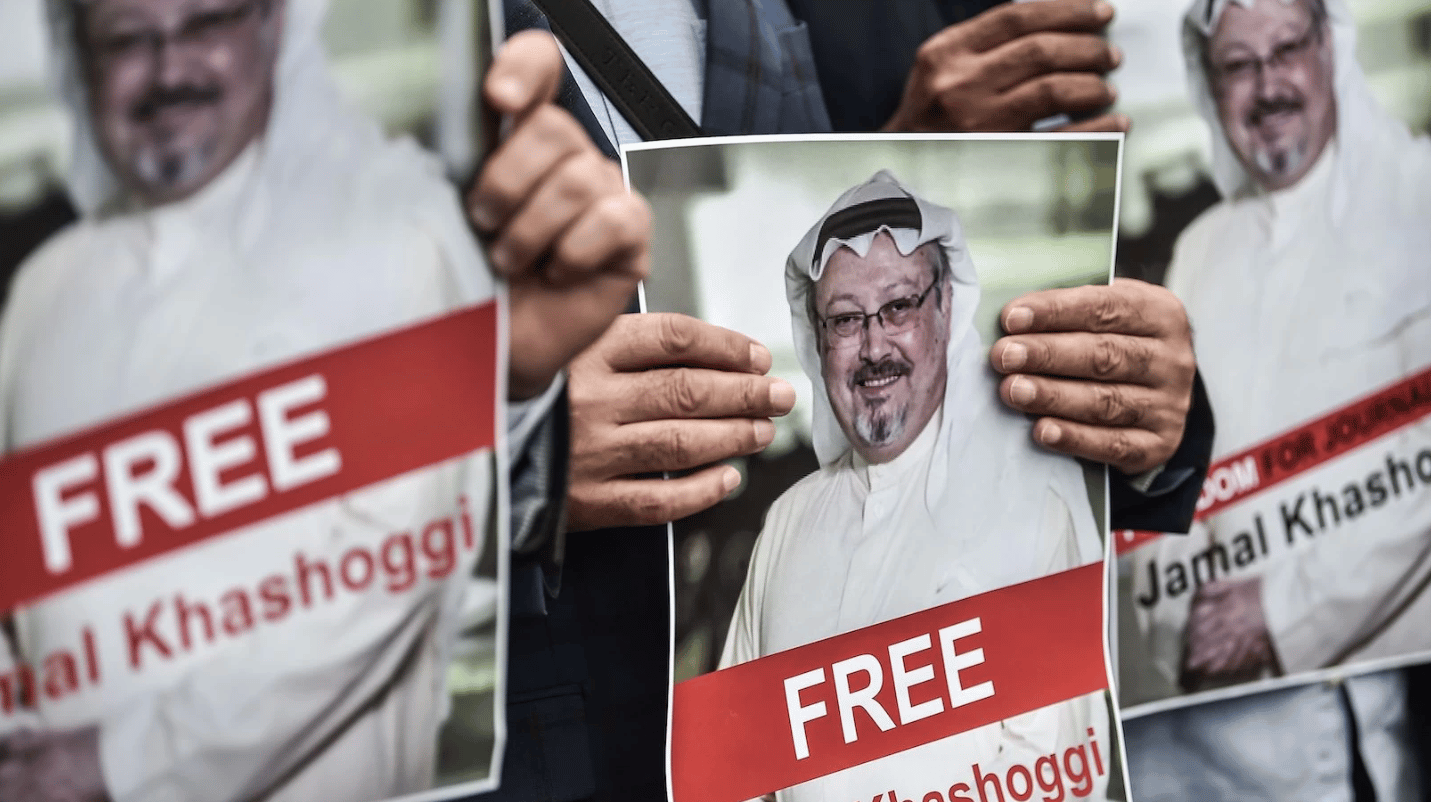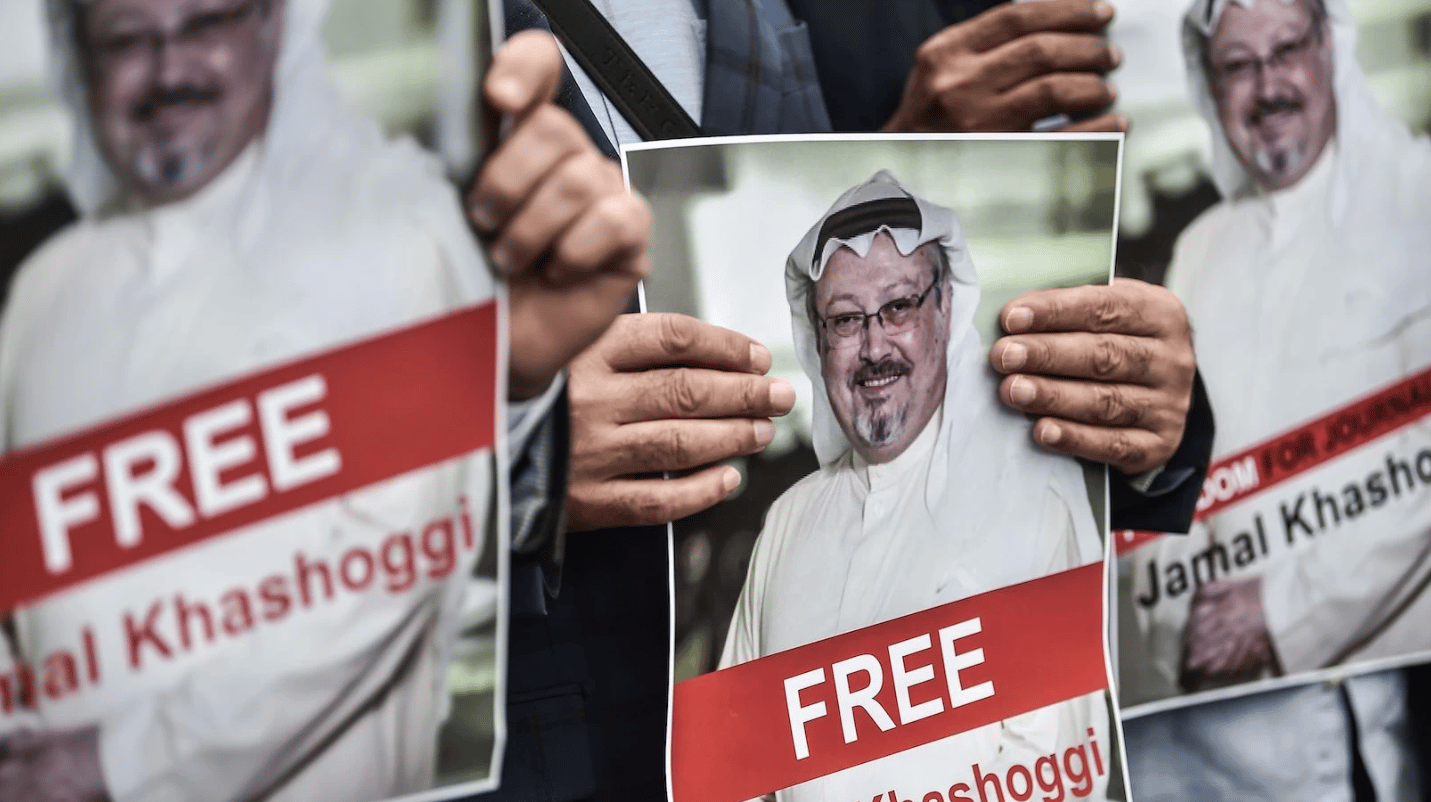
The disappearance of the Saudi dissident Jamal Khashoggi in mysterious circumstances while on a visit to his country’s consulate in Istanbul last Tuesday still remains unexplained. The plot is thickening by the day. The latest reports suggest that he may not even be alive.
The Istanbul Prosecutor has ordered an investigation. President Recep Erdogan has called Khashoggi a “journalist and friend”. Turkey has a troubled relationship with Saudi Arabia, which has a complicated history dating back to the Ottoman era and is entangled with Erdogan’s brand of Islamism. A serious diplomatic rupture may ensue, depending on the outcome of the Turkish investigation.
So far, the Khashoggi affair has been a matter between Saudi Arabia and Turkey. But Khashoggi has influential backers in the Washington Beltway too. A chorus of condemnation of the Saudi regime is building up to a crescendo in the US, portraying Khashoggi as a human rights activist meeting a tragic end.
The US takes a selective approach to human rights. Which way will it act? In the present civil war conditions in the US, President Trump’s opponents will use the Khashoggi issue to draw attention to his erratic behavior – wildly swinging from obsequiousness to the Saudi ruler to rank contempt.
But, there is also a lavishly funded Saudi lobby, which can pull strings among the American elites. Trump chose Riyadh for his visit abroad and son-in-law Jared Kushner is reputed to be a close confidante of Saudi Crown Prince Mohammed bin Salman.
Yet, Trump fired away a stream of sardonic tweets in recent days casting aspersions on Riyadh. Saudi Arabia becomes a celebrated case of the unpredictability of US foreign policies.
Of course, the critical factor will be Khashoggi’s activities while in exile in the US – who his mentors were and, most importantly, whether the US intelligence had got him involved in any project relating to the Saudi domestic politics.
Behind the facade of a close relationship, there is trust deficit in Saudi-US ties. Washington would have preferred if the factions it had backed within the Saudi royal family had come to the top of the heap in the succession in January 2015. Interestingly, Crown Prince Salman is a rare Saudi prince to hold this powerful position who was not even educated in the US.
But then, President Trump put on an extravagant show of camaraderie with King Salman and Crown Prince Salman and the latter also appropriately rose to the occasion to make reciprocal gestures. In a manner of speaking, a cat-and-mouse game was playing out ever since Trump’s famous “sword dance” in Riyadh last November.
This world of make-believe abruptly gave way when some nasty tweets by Trump began appearing lately making disparaging references to the Saudis directly or indirectly – specifically, Trump’s acerbic tweet last week that the Saudi regime would collapse like a pack of cards in two weeks sans American support.
Trump poured scorn on the Saudi King in full view of the Arab Street. For Trump, there was probably nothing unusual in such abrasive behavior, but the Arab princes and rulers treasure their image as a matter of honor. The Saudi ruler, by the way, also happens to be the Custodian of the Two Holy Mosques, who is a revered figure for the Muslim world.
Suffice to say, Khashoggi affair is unfolding in a poignant backdrop. Conceivably, the Saudi regime was monitoring the influential dissident’s activities in the US from Day 1 of his exile since 2015. Meanwhile, it cannot be a coincidence that American media personalities and think tankers who are known to be wired into the US intelligence establishment have jumped into the fray in real time to castigate the Saudi regime over the Khashoggi affair.
There is palpable angst in Washington. Therefore, whichever way the mysterious disappearance of Khashoggi becomes explicable in the coming days, a potentially serious crack is appearing in the US-Saudi relationship, which may be difficult to paper over.
Indeed, all bets are off if the Saudis have estimated that the US intelligence is manipulating disaffected factions within the royal family and Saudi elite to advance a regime change project in Riyadh aimed at influencing the succession to King Salman’s reign (which would put Crown Prince Salman on the throne.)
Trump has a big decision to take – and the Deep State will be breathing down his neck. An unstable US-Saudi relationship would have serious consequences for the Trump administration’s regional strategies. Saudi Arabia plays a pivotal role in the US’ alliance system, which is irreplaceable today, since Washington can no longer count on Erdogan’s Turkey or the weakened post-Arab Spring Egypt.
Tehran has lost no time to make an overture to the Saudi regime to join hands to resist the US bullying. Again, the present Saudi regime is known to have gone the extra league to have dealings with Israel, which greatly mitigates Israel’s isolation regionally and gave much-needed “strategic depth” to Tel Aviv.
But the good part is that ironically, a US-Saudi rift may also impact the regional security and stability in the Middle East in a positive direction by giving impetus to a Saudi-Iranian rapprochement, which could calm down tensions regionally.
Trump’s attitude toward the Khashoggi affair will most certainly factor in Saudi Arabia’s stature as an energy superpower captaining the OPEC. He sounds frustrated lately that OPEC is not playing a helpful role in boosting oil production. The Saudi and American interests are diverging and Riyadh looks more and more toward Moscow as its key interlocutor on issues relating to the world oil market.
All in all, Khashoggi affair threatens to open a Pandora’s box. What is absolutely certain is that Washington won’t let go Saudi Arabia without an all-out effort to keep that trophy in geopolitics in its sole possession.
Reprinted with permission from Strategic Culture Foundation.

